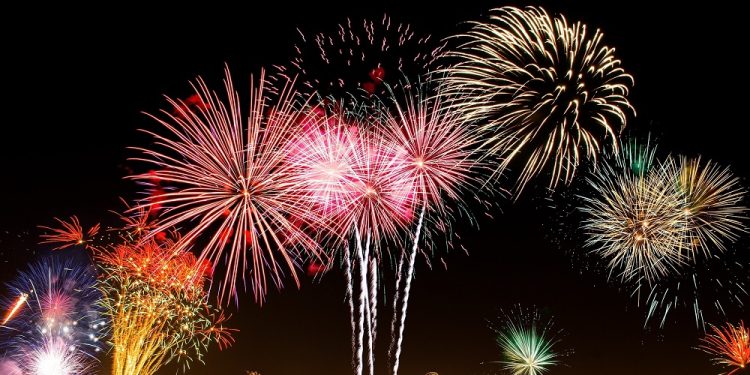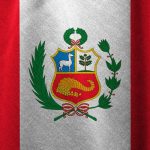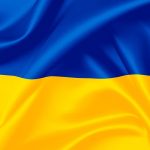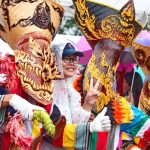
New Year’s Day Holiday
For many people in the United States, New Year’s Day is a holiday that concludes the festivities of New Year’s Eve. It’s a day for some to nurse their hangovers or recover from the holiday season and prepare themselves for work on January 2nd. However, that isn’t the case for everyone.
In some countries around the world, the New Year’s season extends until the following day. In other countries, the festivities last even longer. That’s why we’re going to take a moment and take a good hard look at some of these extended celebrations and how they’re celebrated every year.
The History Of New Year’s Day
New Year’s Day as a concept has been observed since the dawn of civilization. Of course, these celebrations didn’t always occur on the 1st of January. In ancient Mesopotamia, the Babylonians celebrated the New Year during the spring equinox in March.
In ancient Egypt, New Year’s celebrations coincided with the flooding of the Nile River. In ancient Rome, Julius Caesar introduced the Julian calendar, which first established the New Year on January 1st. This date was later maintained on the Gregorian Calendar in 1582 by Pope Gregory XIII.
New Year Holiday Celebrations Around The World
There are examples of extended New Year holiday celebrations that we feel are worth mentioning. Although most countries simply observe this day off as a way to get a break from work, in some places, there are significant holiday observances on this day. Let’s dig deeper into this particular holiday and find out more about its celebrations around the world.
In the United States and many other countries, New Year’s Day is simply a holiday that gives people time off work, allows them to spend time with their families, and helps them recover from any binge drinking they may have participated in the night before. In the United Kingdom, it’s a day to enjoy a traditional meal of turkey or roast beef with the family and enjoy festive holiday events.
In Japan, the holiday is known as Shogatsu, and it’s observed with not only family gatherings but also visits to temples or shrines to make offerings. In Brazil, the day is known as Ano Novo and is a time for colorful parades, parties, and music festivals. In Spain, it’s observed as Año Nuevo — a holiday that features fireworks, music, and dancing.
In Russia, there’s an address to the nation by the country’s president, a chiming of the Kremlin clock, and the playing of the Russian national anthem at midnight. In Russia and among Russian nationals in other countries, the holiday is observed as Novy God. This holiday became prominent in the Soviet Union during the 1930s and 1940s.
It’s usually celebrated by giving gifts and displaying special New Year trees known as Yolka in homes and public places. Revelers often gather under the Kremlin clock at midnight to wait for the aforementioned chiming of the clock. Russians generally take off between New Year and Christmas (January 7th).
According to the Russian Labor Code, January 1st through 5th is a non-working period. Schools and universities are closed for winter break, and some people will have the day off from work.
Of course, extended New Year celebrations occur in many other countries as well. This includes New Zealand, the Philippines, Romania, Rwanda, Samoa, UK (Scotland), Albania, Armenia, Azerbaijan, Moldova, Montenegro, Serbia, Slovenia, and many other countries.








